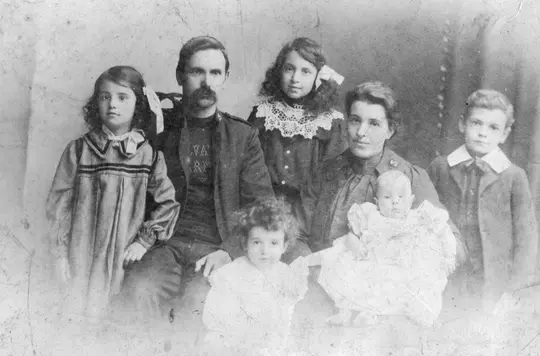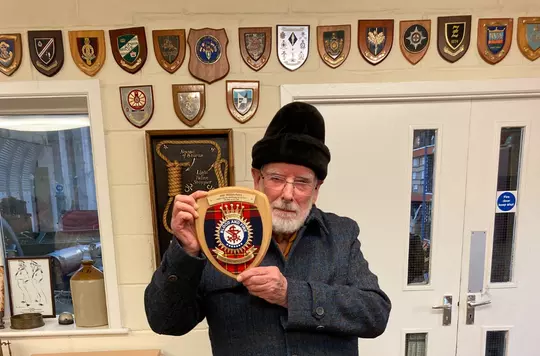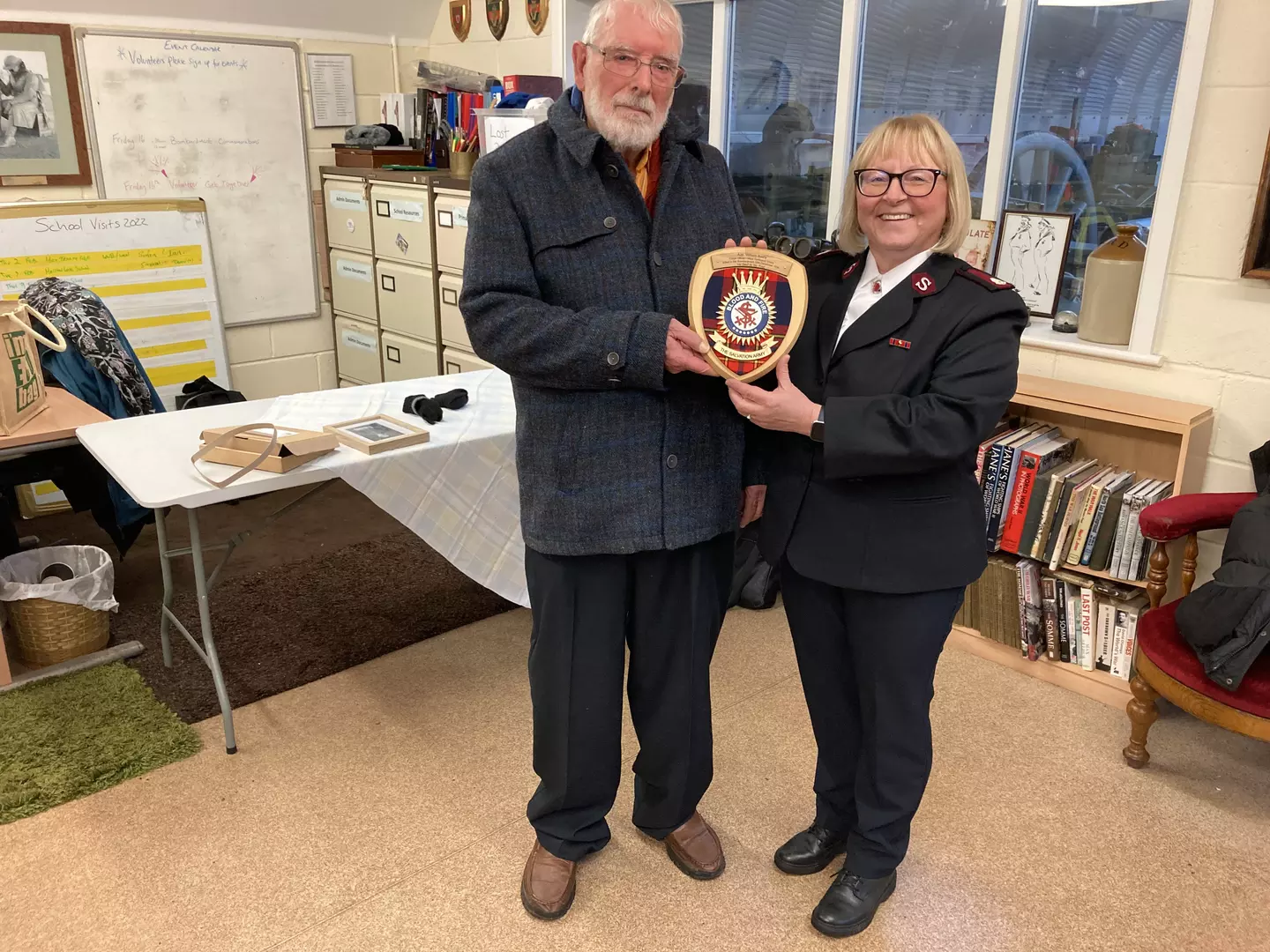Officer killed in WW1 honoured at Hartlepool museum
published on 20 Dec 2022
A Salvation Army officer who was killed in the First World War during the Germany Navy bombardment of Hartlepool has been honoured with a plaque at the town’s Heugh Battery Museum.

Adjutant William Avery, who was a Corps Officer at what is now the Hartlepool Salvation Army, was one of the first civilians to be killed in the UK during World War One on 16 December, 1914, when he was struck by shrapnel from an exploding shell that hit his home.
The plaque will be displayed at the Heugh Battery Museum, which preserves the only First World War battlefield in the UK and commemorates the Bombardment of Hartlepools, by William’s grandson James Gilman.
James, 90, from Durham, who is an author and musician and published a book on his parents’ missionary work for The Salvation Army, said: “On 16 December, 1914, the German Navy bombarded Hartlepool, Scarborough and Whitby, causing many civilian casualties including my grandfather Adjutant William Avery.

“Apparently the family, including his five children, were downstairs getting ready for school when my grandfather went upstairs to get something from his office. The shell came through his window and exploded. The shrapnel entered his head and he died.
“He was one of the first civilians to be killed in the UK during the First World War. His death made headline news not only in the national press, but was reported as far afield as the Sydney Morning Herald in Australia.
“William was given a military funeral. His body was laid on a gun carriage and carried through Hartlepool where the streets were lined with soldiers.”
William and his wife Julia Avery led what was then known as West Hartlepool Citadel and had served as Salvation Army officers at various posts for 20 years.
After William died, Julia and their five children including James’ mother Doris, were moved down to London and provided with housing.
James continued: “My mother gave the shrapnel to me many years ago in an envelope marked ‘the shrapnel that killed Grandad’. It went on display in Hartlepool to mark the centenary of the First World War in 2014 and I told the story of it on the BBC’s Antiques Roadshow.
“It’s an honour to present this plaque to the Heugh Battery Museum and see my grandfather, a Salvation Army hero, recognised. It’s the only non-British Army plaque that will be part of the collection so The Salvation Army will be recognised alongside the British Army.
“The fact it’s the only museum in the country on the site of an act of war against this country is really interesting to me.”

James explained that William was determined to join The Salvation Army despite having been rejected for training at first because of a disability.
James said: “William was a deep sea fisherman from Mevagissey in Cornwall. In his 20s he broke his leg on board a ship and as a result was unable to continue with his work. At that point he must have had contact with The Salvation Army, although at first they were unable to accommodate disabled men for training.
“Undeterred, he packed all his possessions into a trunk, bought a one-way rail ticket to London, deliberately left his walking stick behind on the train, and presented himself before the Training College Commandant. He told them ‘God has called me to become an Army Officer. Who are you to say God is wrong?’ He was still told to go home, but instead camped out on the floor of one of the dormitories and refused to move, until eventually the weary Commandant gave in and accepted him!”
Four of William and Julia’s children went on to become Salvation Army officers – two were brigadiers and two were lieutenant colonels. James’ uncle, Lt. Colonel Gordon Avery, was the Army's Export Manager and the author of a Companion to the Army's Songbook.
James’s father, also called James, who married William’s daughter Doris, was instrumental in laying the foundations for the opening of the Army's work in Hong Kong. After time spent abroad as a missionary, he became a public relations officer for the Salvation Army and for the last decade of his life was a Corps Officer.
Major Julie Bearcroft, who leads Hartlepool Salvation Army, said: “Adjutant William and his family made a vital contribution to The Salvation Army, not just in Hartlepool, but across the UK and Ireland. It’s fantastic to see that he is being honoured in this way at the Heugh Battery Museum.”